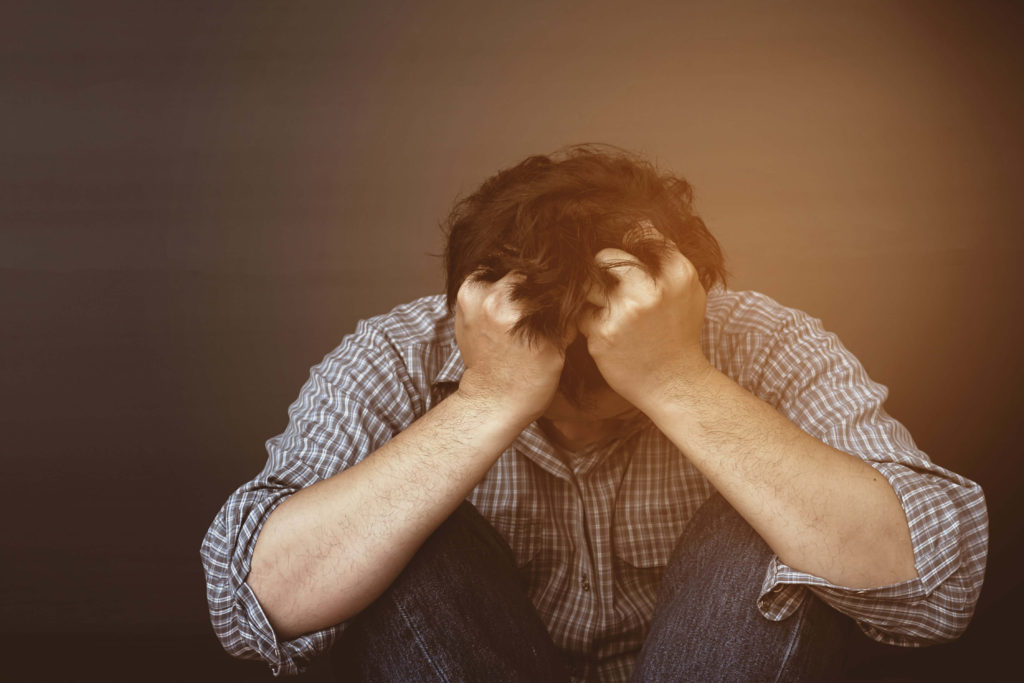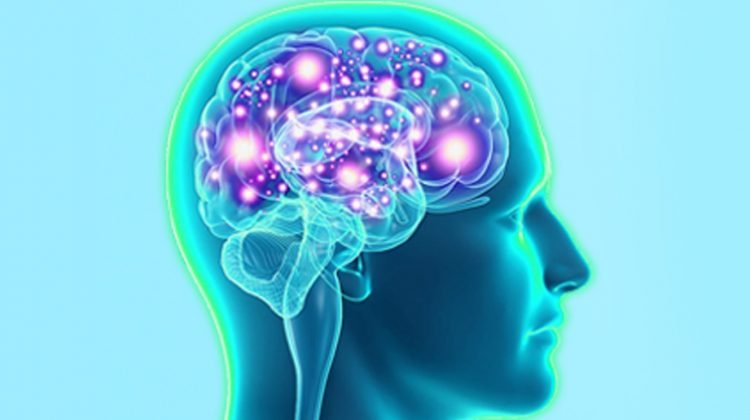Everyone experiences sadness at times. But depression is something more. Depression is extreme sadness or despair that lasts more than days. It interferes with the activities of daily life and can even cause physical pain. Fortunately, depression is highly treatable.
Depression affects different people in different ways, but most of them experience some combination of the following symptoms:
- Prolonged sadness or feelings of emptiness.
- Feelings of helplessness or hopelessness.
- Feelings of guilt or worthlessness.
- Anger and irritability.
- Difficulty concentrating.
- Changes in sleep patterns.
- Appetite changes.
- Chronic pain, headaches, or stomach aches.
- Loss of interest in activities.
- Withdrawal from friends and family.
- Thoughts of death or suicide.
Depression is caused by a combination of genetic, biological, psychological, social, and environmental factors. People who have a family history of depression, and people with serious chronic diseases such as heart disease or cancer, are at an increased risk of depression. Major life changes, trauma, and stress can also bring about an episode of depression, although some episodes of depression begin without any obvious external cause.
Depression is often not recognized and can go on for months or even years if left untreated. It’s important to seek support as early as possible, as the sooner a person gets treatment, the sooner they can recover.
Untreated depression can have many negative effects on a person’s life, including serious relationship and family problems, difficulty finding and holding down a job, and drug and alcohol problems.
There is no one proven way that people recover from depression. However, there is a range of effective treatments and health professionals who can help people on the road to recovery.
There are also many things that people with depression can do for themselves to help them recover and stay well. The important thing is to find the right treatment and the right health professional for a person’s needs.
Depression is often not recognized and can go on for months or even years if left untreated. It’s important to seek support as early as possible, as the sooner a person gets treatment, the sooner they can recover.
Untreated depression can have many negative effects on a person’s life, including serious relationship and family problems, difficulty finding and holding down a job, and drug and alcohol problems.
There is no one proven way that people recover from depression. However, there is a range of effective treatments and health professionals who can help people on the road to recovery.
There are also many things that people with depression can do for themselves to help them recover and stay well. The important thing is to find the right treatment and the right health professional for a person’s needs.
The most important thing to remember about seeking depression treatment is simply to speak up and ask for help. Depression is not a sign of weakness or laziness, it’s a sign that something is out of balance. Thankfully, with proper treatment, you can feel well again.
If you or a loved one are struggling with depression, contact the Dr. Rajesh Rathi, Apex Clinic, http://apexclinicngp.com/ for information on support and treatment facilities in your area.



